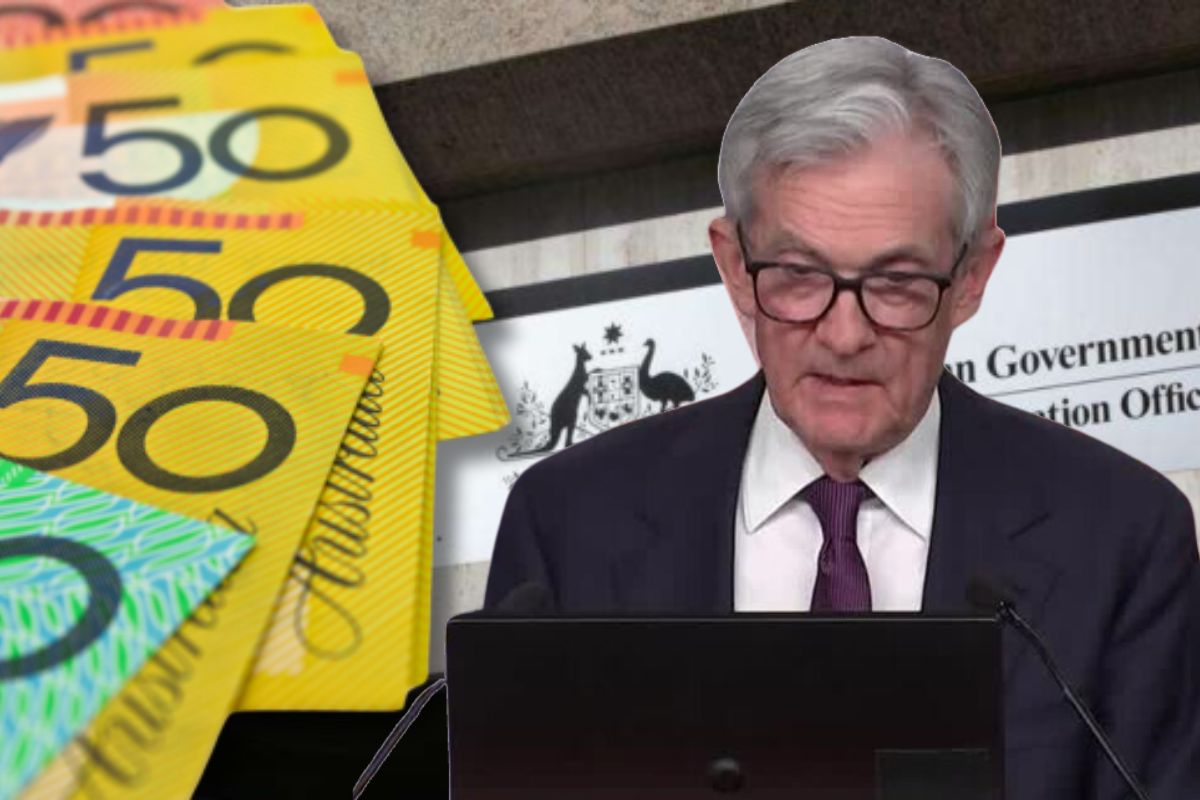Australia’s $50 Billion Financial Crisis – Global Economic Shockwaves and Political Fallout

Australia has been getting into the global spotlight after a historic $50 billion bombshell. This financial tragedy has sent shock waves across the global economy, creating mass panic and alarm. Political manipulation and debates over budget allocations and policy agendas have made matters even further. We will look into the reasons for the financial crisis, possible charges, and ongoing attempts to fix the issue.
Table of Contents
ToggleOrigins of the Crisis
The basis for the current financial crisis in Australia is the current repayment efforts by the Australian Tax Office (ATO) to repay the $50 billion debt it incurred. Much of this debt is owed by small business people, many of whom are barely managing to remain useful towards continuing cost-of-living crises. The ATO’s harsh efforts at debt recovery have incurred significant criticism, with businesses and individuals alike bearing increased financial burdens.
Aggravating this has been the decision of the Albanese government to order the ATO to step up its approach in the collection of debt. As many see this, this is a new twist as compared to the easier-going policy used in the days of the COVID-19 pandemic when ATO played an instrumental role in the successful collection of $89 billion in JobKeeper wage subsidies to ailing firms. The policy decision has been interpreted as a betrayal of the small business owners, who are being targeted in an already bad economic climate.
Global Impact
The $50 billion bombshell has had far-reaching implications in not only Australia but around the world economy. Markets responded with volatility, sending worries to investors and analysts in terms of the full implications of the crisis. Uncertainty over Australian economic stability has lowered the level of investor confidence, and the bulk of investors have retreated to safer assets in Australia.
The crisis has shown the interdependence of the global economy, where almost all countries in the world are suffering from the economic instability of Australia. Its trade partners and international investors are very much concerned over the prospect of more economic turmoil. The Australian dollar has fallen sharply in value, making the financial hardship fall on businesses and people.
Political Responses and Public Sentiment
The government shutdown caused a heated discussion among politicians with both parties proposing fighting solutions to the problem. President-elect Donald Trump has been an outspoken critic of the current budget a contract, arguing that it favors Democratic while leaving out key Republican concerns. His rejection of the accord has caused a stalemate in Congress, with leaders rushing for a solution before the deadline.
Many Australians feel angry and upset with the government’s handling of this issue. Small-business owners, in specific, have raised unease about the aggressive debt collection methods, fearing that they are being unfairly targeted in an already tough economic climate. The public outrage has raised the pressure on politicians to find a solution that blends financial beware with the economic well-being of companies and people.
The Way Forward
With the deadline almost here officials are feeling pressure to find a solution and avoid a shutdown. The initial joint budget plan includes over $100 billion in disaster relief funds for places affected by recent storms and other emergencies. But Trump’s refusal of the accord has left Congress seeking for another alternative.
House Speaker Mike Johnson and Senate Majority Leader Chuck Schumer offer a new plan to address both party’ concerns.The White House asked Republicans to rise above politics and work in adopting a budget to keep the government running and assist America’s hard-working individuals. At the same time, public opinions are mixed: while some do support Trump’s fiscal stand others are of the view that the shutdown looming would characterize a failure of leadership on the part of President Donald Trump.
Conclusion
The $50 billion bombshell has caused huge shock waves across the economies of Australia and globally; it has caused massive anxiety and fear. The crisis brought out the global economy’s link and the urge for wise budgetary planning. As MPs fight to get the deal, the public stays divided, with many angry and bitter by the way the government is handling the situation. The outcome of such debates will have long-lasting implications for the health of Australia’s economy and for that of world finance.
Published by azura Everhart
Hi, Azura Everhart. I am a writer who loves creating interesting and helpful articles. My passion is exploring new ideas and experiences. Writing allows me to share knowledge and connect with people around the world. View more posts







